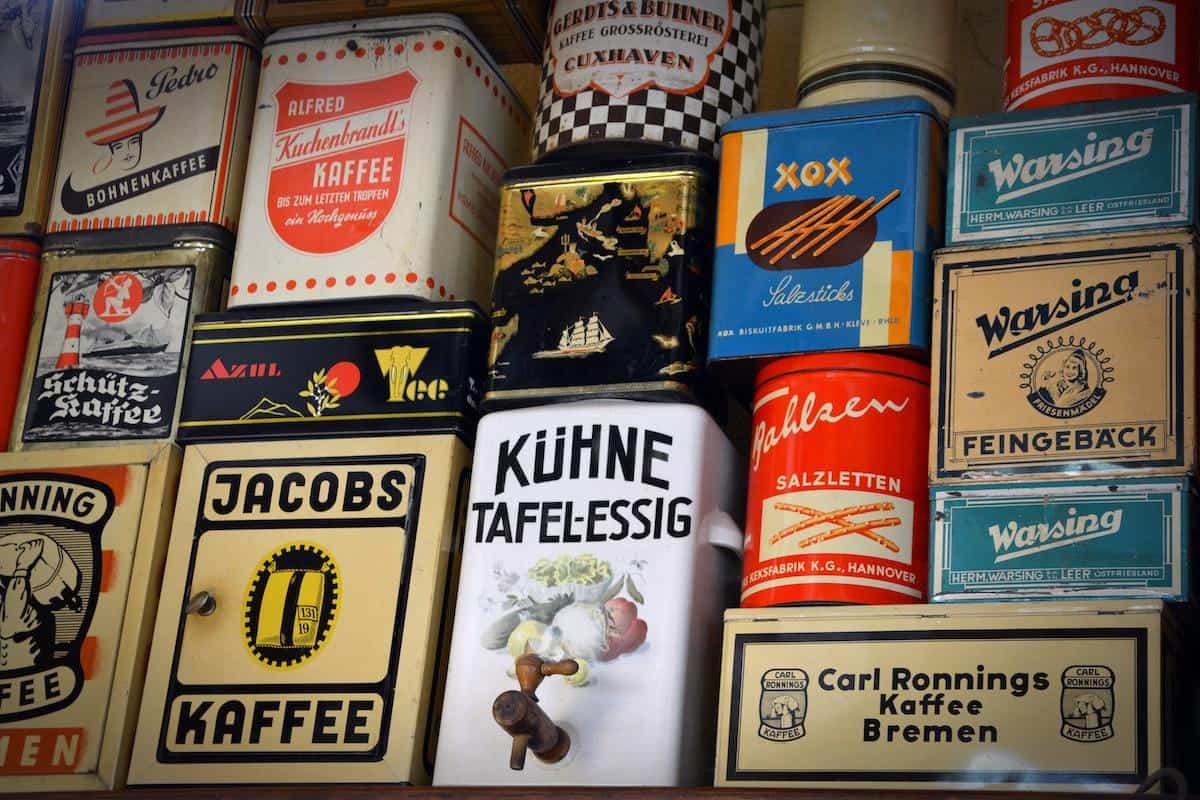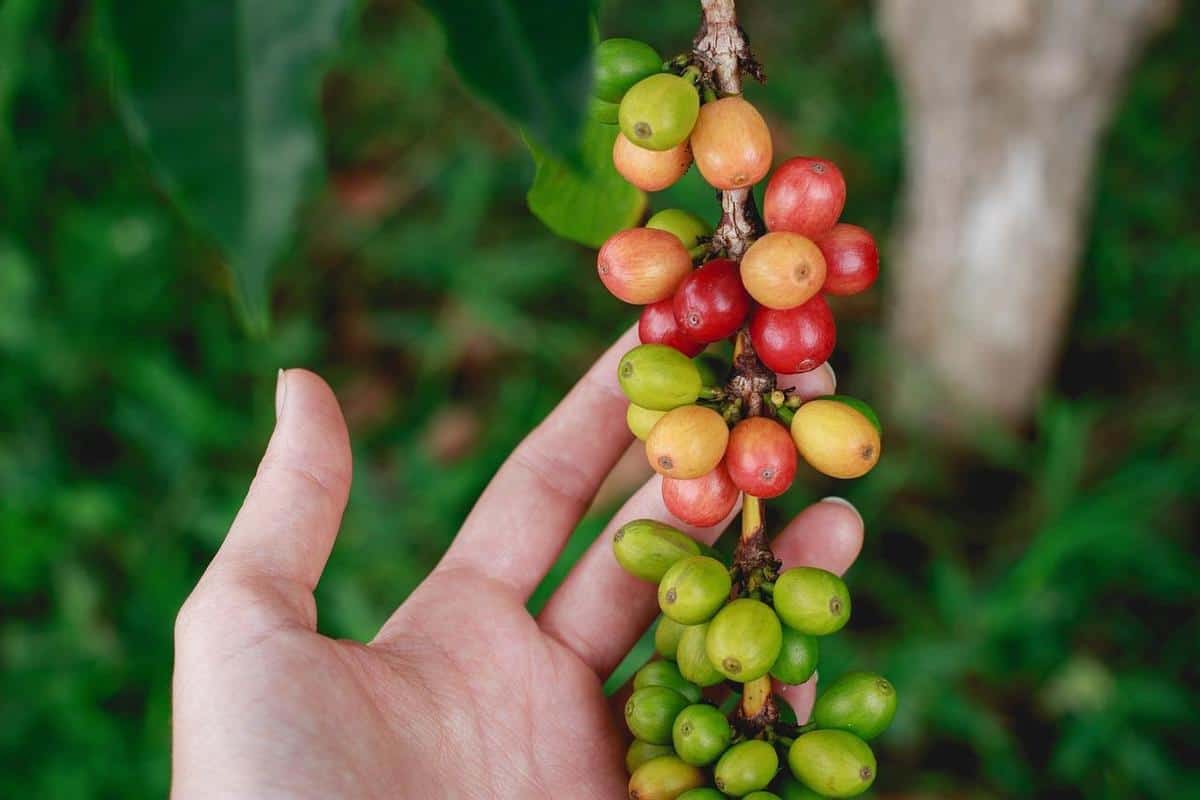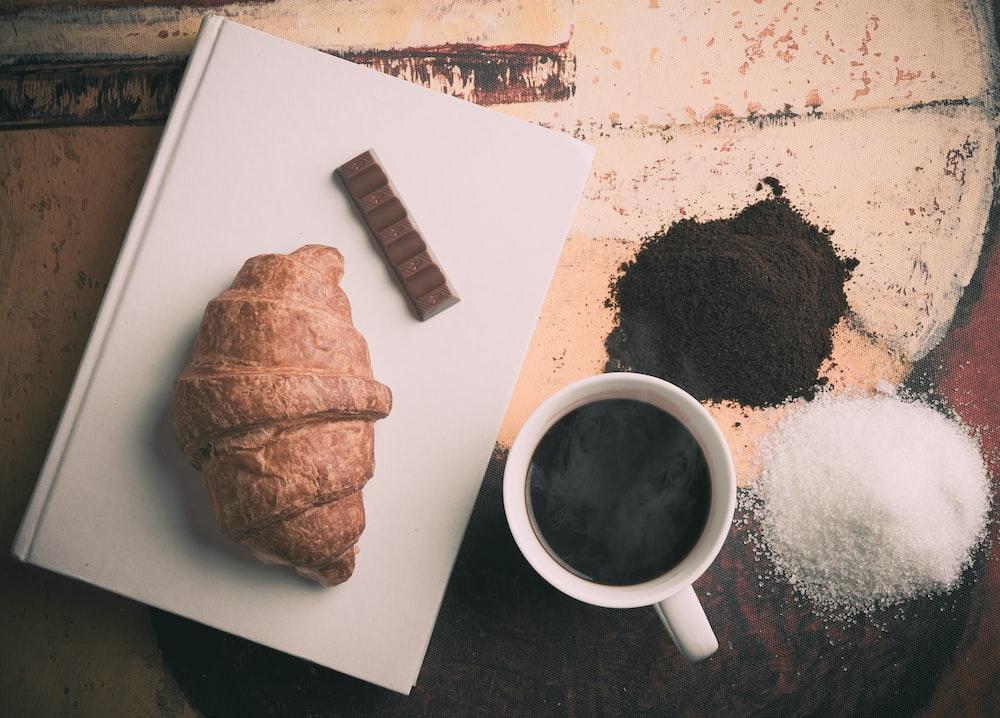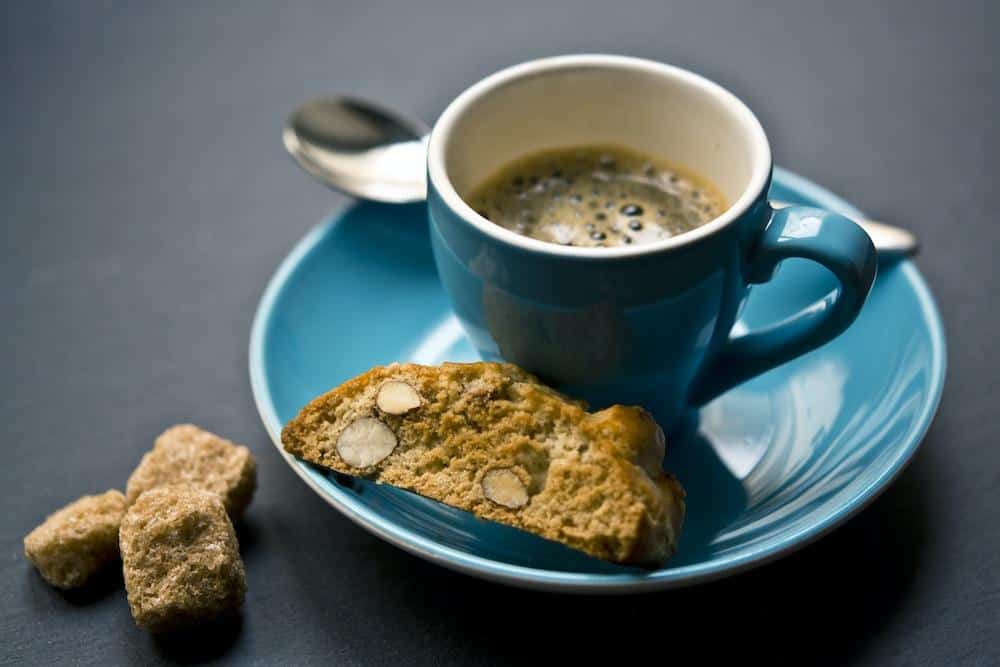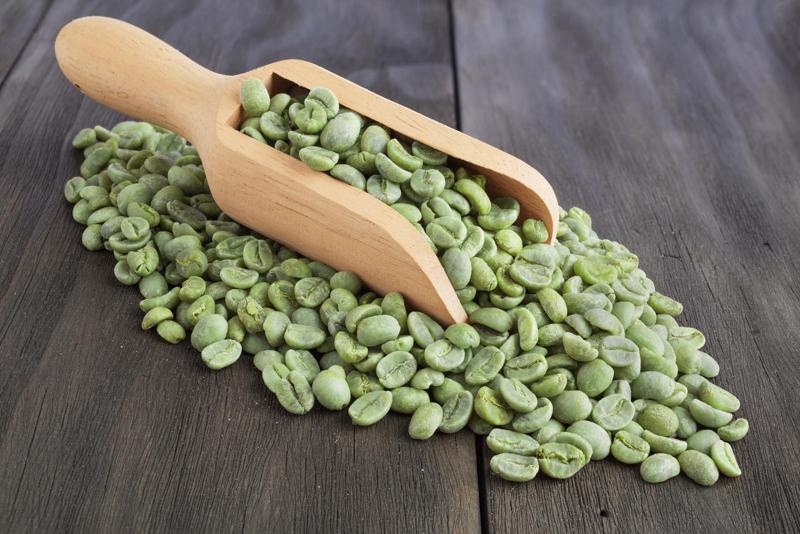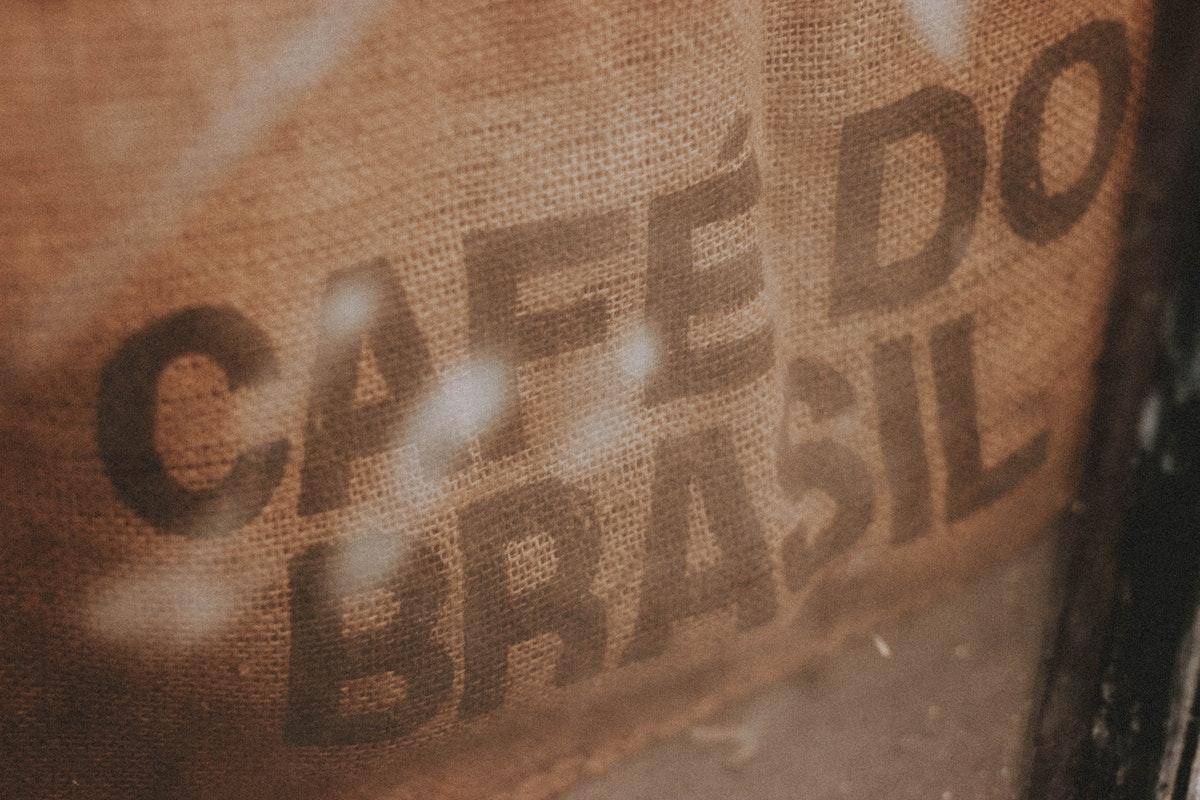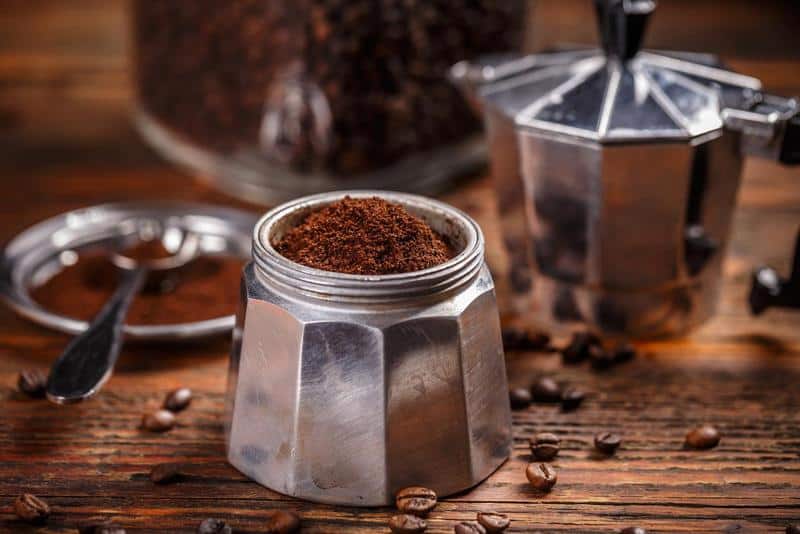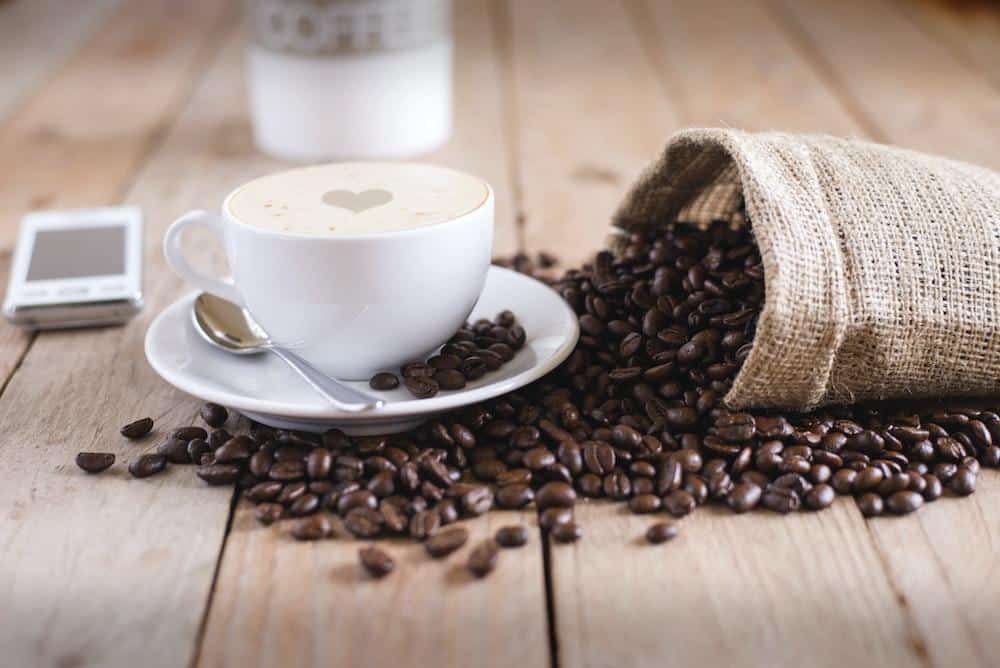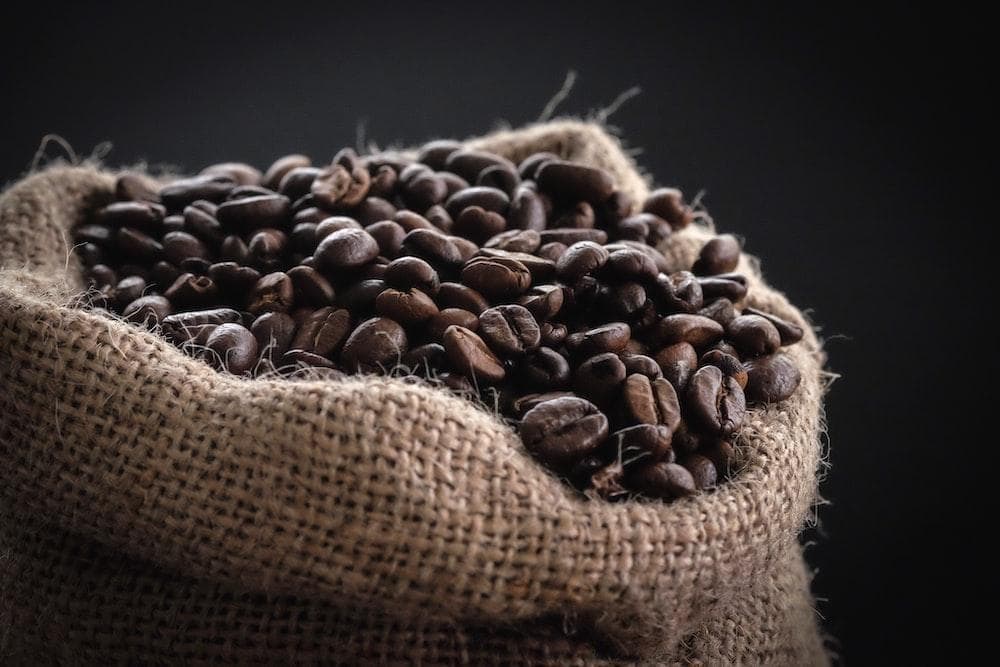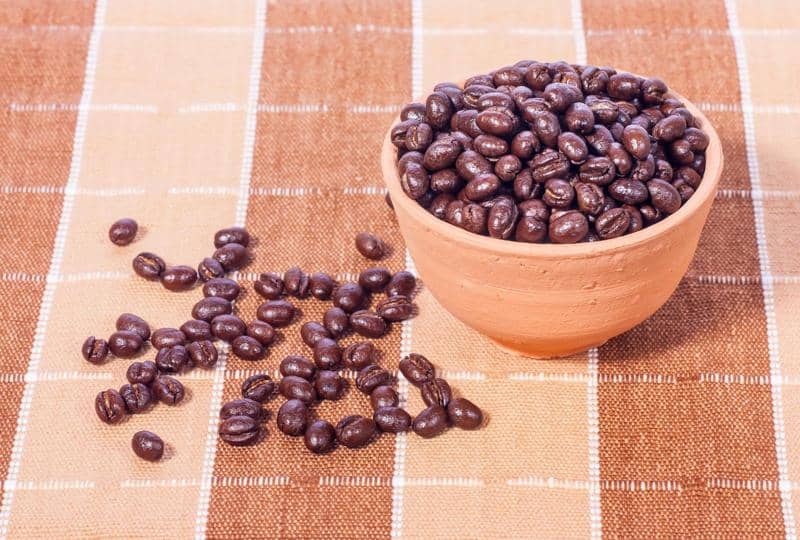Germany, known for its precision engineering, rich history, and vibrant culture, is also home to a unique and enchanting coffee tradition. German coffee has long been renowned for its exceptional quality and flavor, captivating coffee enthusiasts from around the world. In this article, we will delve into the fascinating world of German coffee bliss, revealing the secrets behind its distinctive taste and exploring the rich traditions that surround it.
From historical cafes steeped in tradition to modern brew methods that push the boundaries of flavor, German coffee offers a delightful sensory experience like no other. The journey begins by uncovering the origins and history of German coffee culture. We will dive into the story behind the aromatic German coffee beans that have become synonymous with excellence and learn how they are harvested and processed to create their unique flavor profiles.
As we embark on this adventure through Germany’s top coffee regions, from bustling cities like Hamburg to picturesque towns like Munich, we will discover the distinct characteristics that make each region’s coffee special. Along the way, we will uncover hidden gems – local cafes and roasters – that are must-visit destinations for any true coffee lover.
With traditional brewing methods passed down through generations as well as modern techniques embraced by innovative baristas, German coffee brewing is an art form in itself. From Mahlkaffee to pour-over methods and everything in between, we will provide step-by-step instructions on how to brew your perfect cup of German coffee at home.
Coffee is not just a beverage in Germany; it is a cultural cornerstone embedded in everyday life. Through rituals like Kaffeeklatsch (coffee chat) and Kaffee und Kuchen (coffee and cake), Germans embrace the social aspect of gathering over a warm cup of joe. We will explore these rituals as well as share interesting anecdotes surrounding coffee consumption in Germany.
Get ready to take your taste buds on a journey through time with German coffee specialties. From classics like Eiskaffee (iced coffee) and Phariser (coffee with rum) to unique creations like Kaffee Verkehrt (inverted coffee) and Trkischer Mokka (Turkish-style coffee), we will explore the diverse range of flavors that German coffee has to offer.
For those who wish to bring a piece of German coffee culture back home, we will showcase a range of unique souvenirs and accessories that are sure to delight any coffee lover. From handcrafted espresso sets to authentic German coffee grinders, these items will serve as lasting mementos of your journey through German Coffee Bliss.
A Journey Through Germany’s Top Coffee Regions
Germany is home to several renowned coffee regions, each offering a unique and delightful coffee experience. From the bustling city of Hamburg to the vibrant streets of Munich and beyond, these regions showcase the best of German coffee culture.
One of the top coffee regions in Germany is Hamburg, known as the “coffee capital” of Germany. This city has a rich history in coffee trading and boasts numerous coffeehouses and roasters. Visitors can explore the Speicherstadt district, where they can witness the historic warehouses converted into modern coffee shops. They can also visit one of the many specialty cafes that offer a range of brewing methods and flavors.
Another prominent region for coffee lovers is Munich, famous for its traditional Bavarian cafes and roasteries. Munich’s coffee scene combines old-world charm with modern techniques, creating a delightful fusion of flavors. Visitors can indulge in a cup of freshly brewed coffee while enjoying the atmospheric surroundings of iconic cafes such as Café Frischhut and Café Luitpold.
In addition to Hamburg and Munich, there are many more hidden gems to discover throughout Germany’s top coffee regions. From Berlin’s vibrant specialty coffee scene to Cologne’s cozy cafes nestled along charming streets, each region offers its own distinct characteristics that make it special.
To truly immerse yourself in the magic of German coffee culture, exploring these top regions is a must. Whether you’re an avid enthusiast or simply looking for a quality cup of joe, Germany’s diverse coffee landscape will not disappoint.
- Explore Hamburg: Visit Speicherstadt district and specialty cafes
- Indulge in Munich: Experience traditional Bavarian cafes
- Uncover hidden gems: Find unique coffee spots throughout Germany
The Art of German Coffee Brewing
German coffee brewing is an art form that encompasses a wide range of techniques, from traditional methods that have been passed down for generations to modern approaches that have revolutionized the way coffee is prepared. Whether you prefer a classic cup of Mahlkaffee or enjoy experimenting with trendy pour-over or AeroPress methods, German coffee brewing offers something for every taste and preference.
Traditional Brewing Methods
At the heart of German coffee brewing lies the use of traditional techniques that have stood the test of time. One such method is Mahlkaffee, which involves grinding roasted beans into a fine powder and then brewing them in a stovetop pot known as a Mokka-Kanne. This results in a strong and concentrated coffee with a rich flavor profile.
Another popular method is Aufgebrhter Kaffee, which translates to “boiled coffee.” In this technique, you simply boil water and then add coarsely ground coffee to create a brew that is robust and full-bodied. It’s worth noting that both Mahlkaffee and Aufgebrhter Kaffee require a dedicated set of tools like hand grinders and specialty pots, offering enthusiasts an authentic experience rooted in tradition.
Modern Brewing Techniques
While traditional methods hold their charm, modern German coffee lovers have embraced innovative brewing techniques that bring out unique flavors and enhance the overall experience. One such technique is pour-over, where hot water is poured over freshly ground coffee using a cone-shaped dripper. This process allows for greater control over extraction and brings out nuanced flavors in the coffee.
For those who crave convenience without compromising on taste, the AeroPress has become increasingly popular. This compact device uses air pressure to extract intense flavors quickly while maintaining smoothness. Its versatility makes it ideal for both home use and on-the-go brewing.
Brewing Your Own Perfect Cup
To brew your own perfect cup of German coffee at home, start with high-quality beans. Germany is renowned for its exceptional coffee roasters, so seek out local options or explore online retailers that offer authentic German beans. Experiment with different brewing methods and ratios to find the one that suits your taste preferences best.
For traditional brewing, invest in a Mokka-Kanne or a French press for Mahlkaffee or Aufgebrhter Kaffee respectively. If you prefer modern techniques, consider purchasing a pour-over dripper or an AeroPress.
Remember to grind your coffee just before brewing to ensure maximum freshness and flavor extraction. Lastly, don’t forget to savor and appreciate the aromas and flavors of your meticulously brewed cup of German coffee – it’s the icing on the cake of this delightful journey through German coffee bliss.
German Coffee Culture
Coffee holds a special place in the daily life of Germans, with its rituals and traditions deeply ingrained in their culture. The significance of coffee extends beyond being just a beverage; it serves as a social connector and an opportunity for relaxation and connection. Understanding and embracing these rituals and traditions allows visitors to fully immerse themselves in the German coffee experience.
One popular tradition is the “Kaffeeklatsch,” which translates to “coffee gossip.” This is a cherished social gathering where friends and family come together to enjoy coffee, cakes, and conversation. Kaffeeklatsch often takes place in the afternoon, typically lasting for hours.
It provides an opportunity for people to connect, share stories, and catch up on each other’s lives. At Kaffeeklatsch gatherings, you can expect to find a selection of delicious homemade cakes such as Black Forest cake or Sachertorte alongside freshly brewed coffee.
Another cherished tradition is “Kaffee und Kuchen,” which translates to “coffee and cake.” It is an essential part of German culture, particularly on weekends or special occasions. Kaffee und Kuchen involves serving coffee alongside various types of cakes or pastries such as apple strudel or streuselkuchen. This tradition embodies the idea of Gemütlichkeit – a sense of coziness, warmth, and relaxation that comes from savoring good food in good company.
When it comes to coffee consumption etiquette in Germany, ordering a cup of plain black coffee can be seen as unusual. Germans usually prefer their coffee with some form of milk or creamer. Common choices include Milchkaffee (coffee with milk), Schümli (coffee with frothy milk), or Einspänner (Vienna-style coffee with whipped cream).
Additionally, it is customary for Germans to take time out of their busy day for a “Kaffeepause,” which translates to “coffee break.” This break is an opportunity to step away from work or daily activities and enjoy a moment of relaxation with a cup of coffee. Whether taken at home, in a café, or even outdoors, the Kaffeepause offers a chance to recharge and appreciate the finer aspects of life.
Incorporating these rituals and traditions into your own coffee experience can add an extra layer of authenticity and enjoyment. When visiting Germany, be sure to embrace the culture by participating in Kaffeeklatsch gatherings, indulging in Kaffee und Kuchen, and taking time for a relaxing Kaffeepause. By immersing yourself in these traditions, you will truly understand and appreciate the deep-rooted connection between Germans and their beloved coffee.
| Rituals | Traditional Coffee Choices |
|---|---|
| Kaffeeklatsch | Milchkaffee (coffee with milk) |
| Kaffee und Kuchen | Schümli (coffee with frothy milk) |
| Kaffeepause | Einspänner (Vienna-style coffee with whipped cream) |
German Coffee Specialties
German coffee culture is not only steeped in tradition, but also known for its unique and delightful coffee specialties. From classic favorites to innovative creations, the German coffee scene offers something for every coffee lover’s palate.
One of the most beloved German coffee specialties is Eiskaffee, which translates to “iced coffee.” This refreshing drink combines chilled coffee with a generous scoop of vanilla ice cream and is often topped with whipped cream and a sprinkle of cocoa powder or chocolate shavings. Eiskaffee is especially popular during the summer months when Germans seek respite from the heat while still enjoying their daily caffeine fix.
Another traditional German coffee specialty is Phariser, a flavorful concoction consisting of hot black coffee, rum, sugar, and whipped cream. This warm and indulgent drink is often enjoyed as an after-dinner treat or as a comforting beverage on cold winter days. The combination of rich coffee flavor with the subtle sweetness and warmth of rum makes Phariser a favorite among many Germans.
In addition to these classics, Germany also boasts some innovative and unique coffee creations. One such creation is Kaffee Verkehrt, which translates to “inverted coffee.” Unlike traditional methods where milk is added to black coffee, Kaffee Verkehrt flips the script by adding brewed black filter coffee to heated milk. The result is a smooth and creamy cup of joe that offers a twist on the traditional café latte.
For those seeking an exotic experience, Turkish-style inspired Trkischer Mokka is a must-try. This strong and aromatic brew is prepared using finely ground dark-roasted beans cooked in a special pot called a cezve. The mokka is traditionally served in small cups without any additives or sweeteners to fully appreciate its bold flavors.
Lastly, Germany’s specialty coffee scene continues to innovate with flavored variations of traditional coffees. Whether it’s indulging in hazelnut-infused blends, caramel-flavored espressos, or even unique combinations like spiced apple coffee, German coffee enthusiasts are always open to experimenting with new flavors and aromas.
German Coffee Traditions
One of the highlights of German coffee culture is the enchanting traditions that surround coffee during the festive season, particularly during Christmas markets. These markets, which are held throughout Germany during Advent, offer a magical experience for locals and visitors alike. Coffee plays a central role in these traditions, creating a warm and inviting atmosphere that brings people together.
During Christmas markets, the aroma of freshly brewed coffee fills the air as vendors sell a variety of traditional German coffee specialties. One such specialty is Glühwein, a spiced hot wine often served with a shot of rum or brandy. This festive drink warms both the body and spirit on cold winter days.
Another popular treat is Stollen, a traditional German fruit bread filled with marzipan. It pairs perfectly with a cup of coffee and adds to the cozy ambience of the Christmas market.
Beyond Christmas markets, German coffee traditions continue throughout the year. Kaffee und Kuchen (coffee and cake) is an afternoon ritual that many Germans enjoy on weekends or special occasions. Families gather around to enjoy various types of cakes accompanied by freshly brewed coffee. This tradition emphasizes the importance of relaxation and indulgence in German culture.
To recreate these magical traditions at home, one can brew their own German-style coffee using traditional methods like Mahlkaffee or Aufgebrühter Kaffee. Mahlkaffee involves grinding whole beans just before brewing to ensure optimum freshness and flavor. Aufgebrühter Kaffee refers to boiled coffee made by pouring hot water over ground beans in a filter bag or directly into a pot.
Overall, German coffee traditions bring people together through shared rituals and delicious treats. Whether it’s sipping Glühwein at a Christmas market or enjoying Kaffee und Kuchen with loved ones, these traditions embody the warmth and joy that comes from indulging in a cup of German coffee. It’s an experience that shouldn’t be missed by any coffee lover.
| Festive Traditions | German Coffee Specialties |
|---|---|
| Glühwein (spiced hot wine) | Eiskaffee (iced coffee) |
| Stollen (fruit bread) | Pharisäer (coffee with rum) |
| Kaffee und Kuchen (coffee and cake ritual) | Kaffee Verkehrt (inverted coffee) |
Beyond the Cup
When experiencing the enchanting world of German coffee bliss, the journey doesn’t end with simply tasting a delicious cup of coffee. It continues with exploring the array of unique souvenirs and accessories that can enhance your coffee experience and serve as cherished reminders of your time in Germany. From coffee-related gifts to traditional brewing tools, here are some must-buy coffee souvenirs to bring back from your visit to Germany.
Must-Buy Coffee Souvenirs
When it comes to souvenirs, Germany offers a wide range of options for coffee enthusiasts. One popular choice is to bring back some German coffee beans or ground coffee from renowned local roasters. This allows you to recreate the flavors of German coffee in the comfort of your own home.
Another must-buy souvenir is a traditional German coffee grinder. These manual grinders not only add charm to your kitchen but also allow you to grind your own fresh beans, giving you control over the coarseness and flavor profile of your coffee.
For those who appreciate ceramic craftsmanship, consider purchasing a German-made coffee mug or espresso cup set. Whether adorned with intricate designs or featuring simple elegance, these mugs and cups are not only practical but also beautiful pieces that can elevate your daily coffee ritual.
Finding Authentic German Coffee Souvenirs
To find authentic German coffee souvenirs while in Germany, explore local markets and specialty shops that focus on genuine products. Germany’s Christmas markets, such as Nuremberg’s Christkindlesmarkt or Dresden’s Striezelmarkt, offer a treasure trove of charming souvenirs associated with traditional holiday celebrations, including various types of festive mugs featuring unique designs.
If you’re looking for convenience or unable to visit Germany personally, there are several online platforms where you can find authentic German coffee souvenirs. Online stores specifically dedicated to selling German products often have a robust selection of gourmet coffee beans, coffee accessories, and souvenirs available for international shipping.
Whether you choose to browse local markets or online stores, remember to look for products that bear the “Made in Germany” label. This ensures that you are getting genuine German coffee souvenirs that proudly represent the rich tradition and quality associated with German coffee culture.
As you bring back your German coffee souvenirs and incorporate them into your daily routine, they will serve as delightful reminders of the energizing power and enchanting experience of German coffee bliss.
Conclusion
In conclusion, the world of German coffee bliss is a captivating journey that invites coffee enthusiasts to explore, experience, and savor the energizing power of German coffee. From the rich history and tradition behind German coffee culture to the unique and flavorful German coffee beans, Germany offers a truly enchanting coffee experience.
Throughout this article, we have delved into the top coffee regions of Germany, uncovering their distinct characteristics and highlighting the hidden gems, local cafes, and roasters that are a must-visit for any coffee lover. We have also explored the art of German coffee brewing, from traditional methods like Mahlkaffee to modern techniques like pour-over and espresso-based methods.
Furthermore, German coffee culture embraces rituals and traditions that are significant in daily life and social gatherings. From Kaffeeklatsch to Kaffee und Kuchen, these rituals offer insight into the deep-rooted love for coffee in Germany. We have also discussed German coffee specialties ranging from classics like Eiskaffee to innovative creations like Kaffee Verkehrt. With each sip, you can embrace the true essence of German coffee.
As we conclude this journey through German coffee bliss, let us not forget about the magical atmosphere that surrounds special occasions such as Christmas markets. From enchanting traditions to delightful treats associated with these festive celebrations, you can recreate this unique ambiance at home and continue to indulge in the wonderment of German coffee.
In closing, we encourage you to dive into the energizing power of German Coffee Bliss. Explore new flavors, visit local cafes and roasters in Germany’s top regions, brew your own perfect cup at home using traditional or modern techniques – there is so much to discover. Share your own stories and experiences with others as together we celebrate the magic that is German coffee. Prost.

